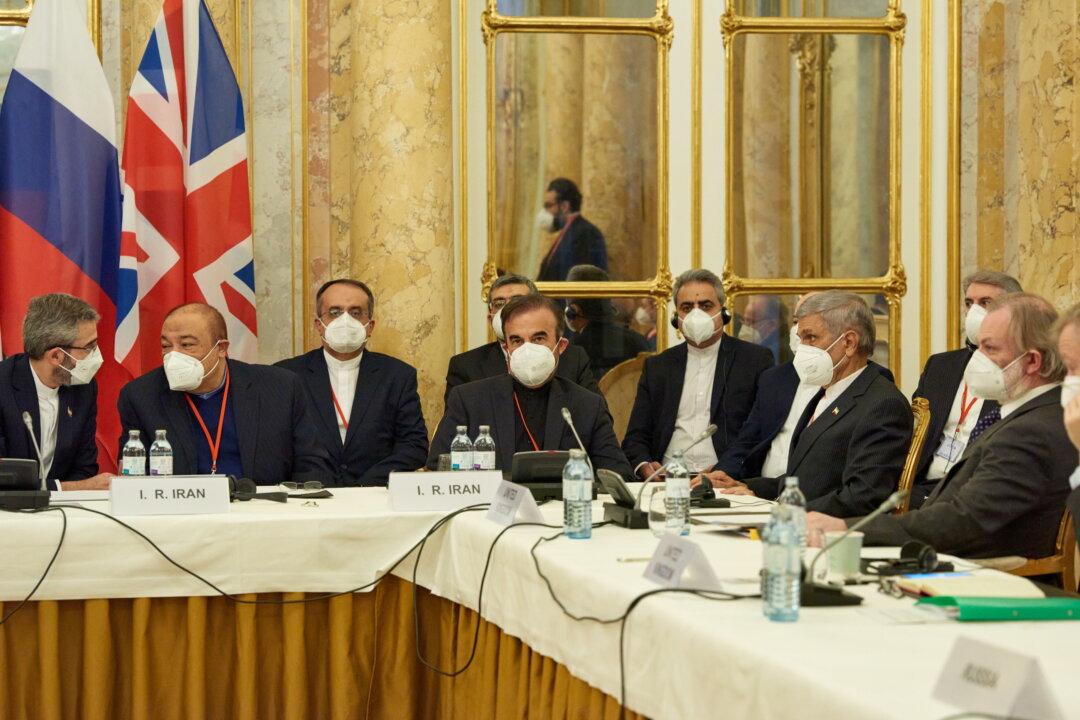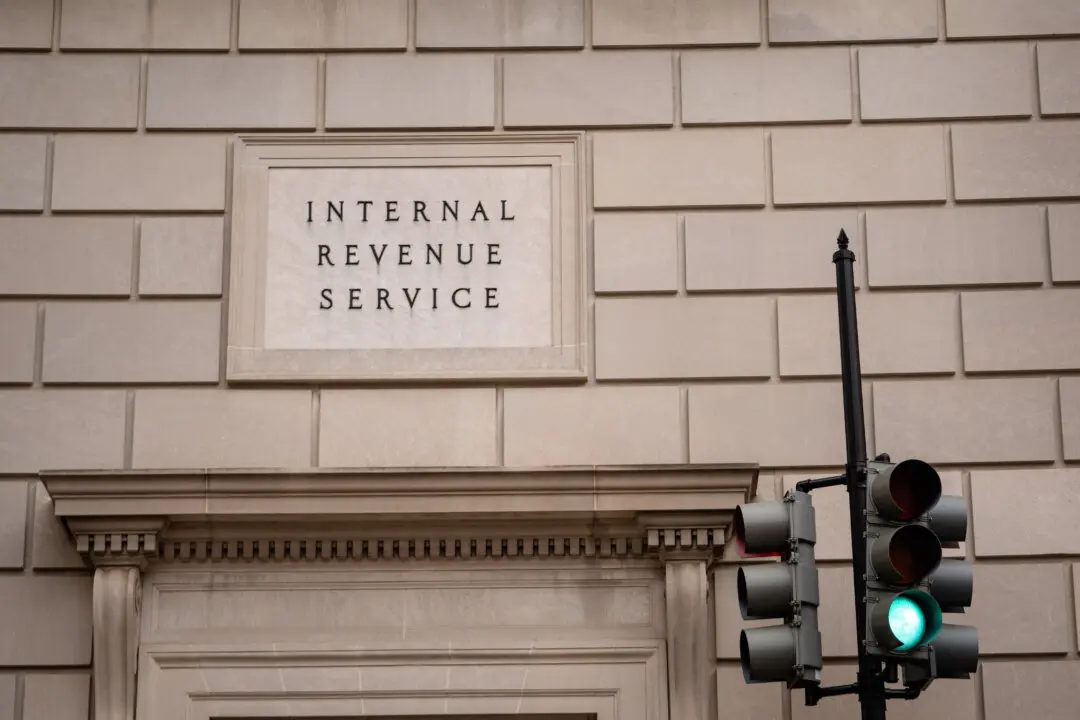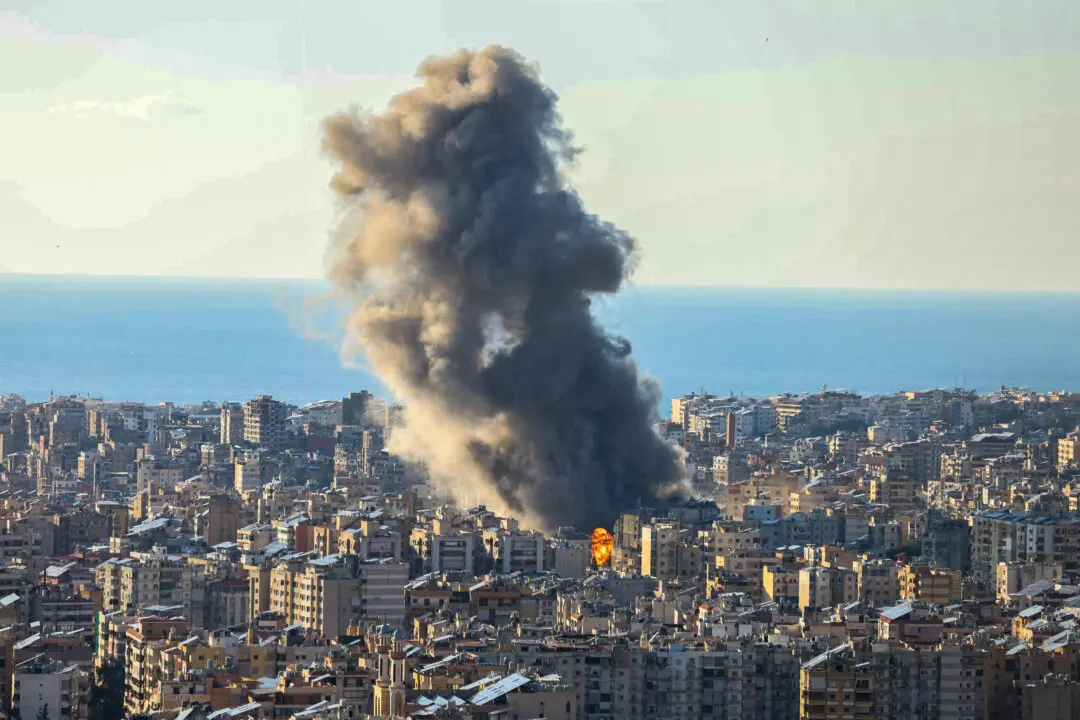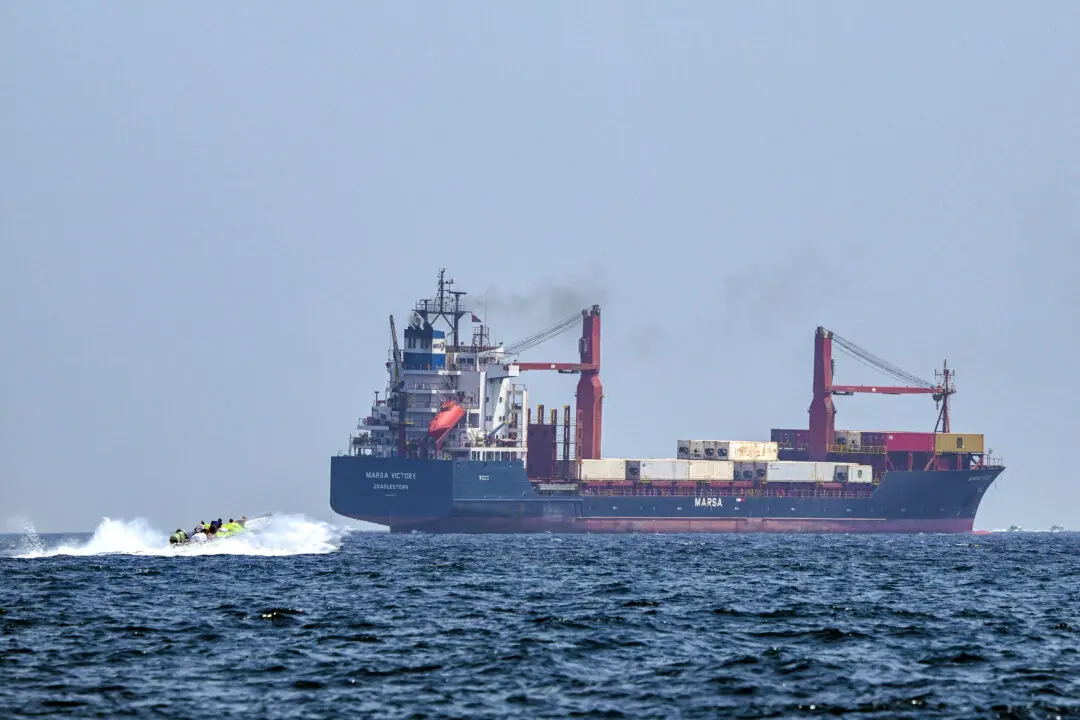Iran demanded world powers allow it to resume selling crude oil as negotiations continued Monday on salvaging the 2015 nuclear deal that the Trump administration withdrew from.
Foreign Minister Hossein Amirabdollahian shifted the focus of negotiations on economic sanctions and asked for all embargoes on Iranian oil to be lifted. He wants to reach a point “where Iranian oil is being sold easily and without any barriers and its money arrives in Iran’s bank accounts,” Amirabdollahian said while in Tehran. As oil remains the lifeline of the economy, Amirabdollahian said the country wanted to “be able to enjoy full economic concessions under the nuclear deal.”





